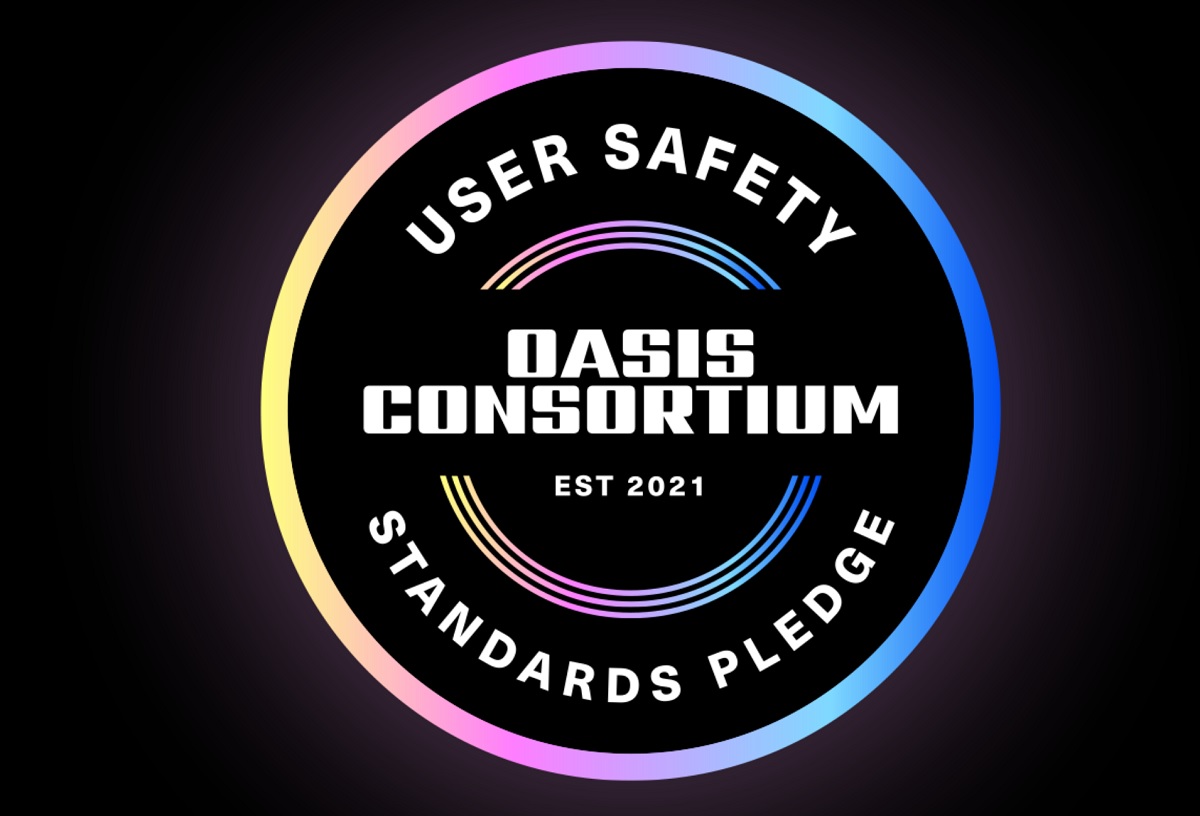The Oasis Consortium, a nonprofit devoted to making the internet safer, launched its principles for online user safety today.
Tiffany Xingyu Wang, president of Oasis, created the organization to gather thought leaders across social media, gaming, and dating to accelerate the development of an “ethical internet.” The group has unveiled its operating principles, dubbed User Safety Standards for our Digital Future. (Wang will be a speaker at our GamesBeat Summit: Into the Metaverse 2 online event on January 26-27).

Unlock premium content and VIP community perks with GB M A X!
Join now to enjoy our free and premium membership perks.
![]()

![]()